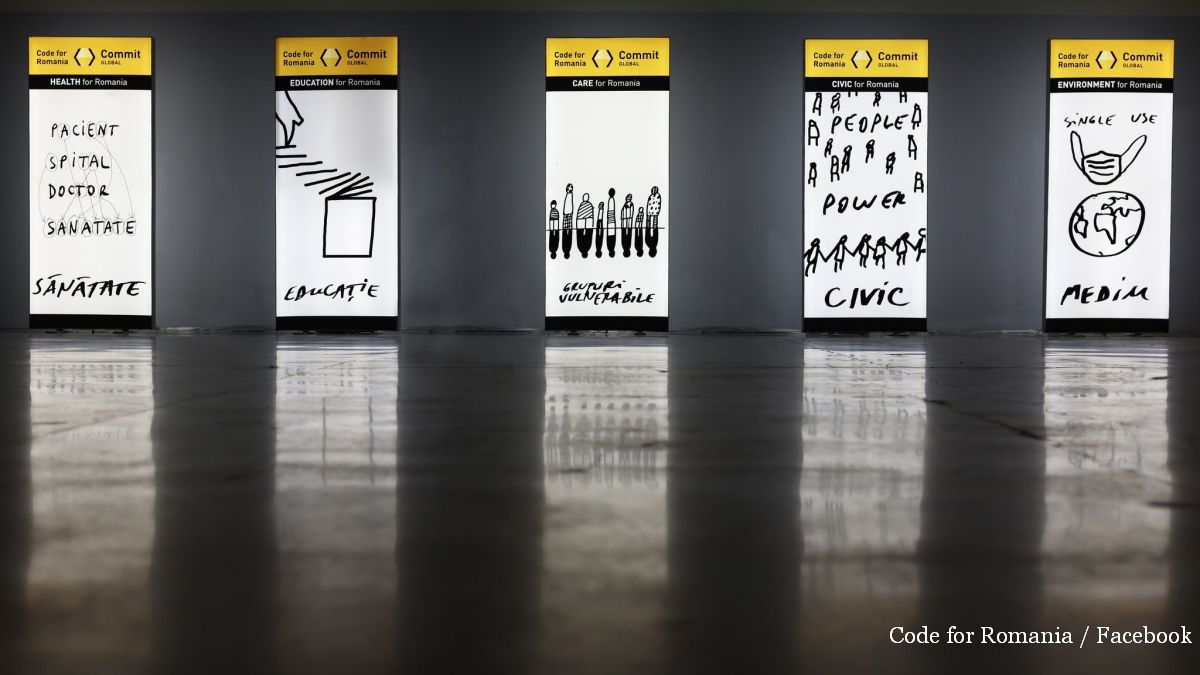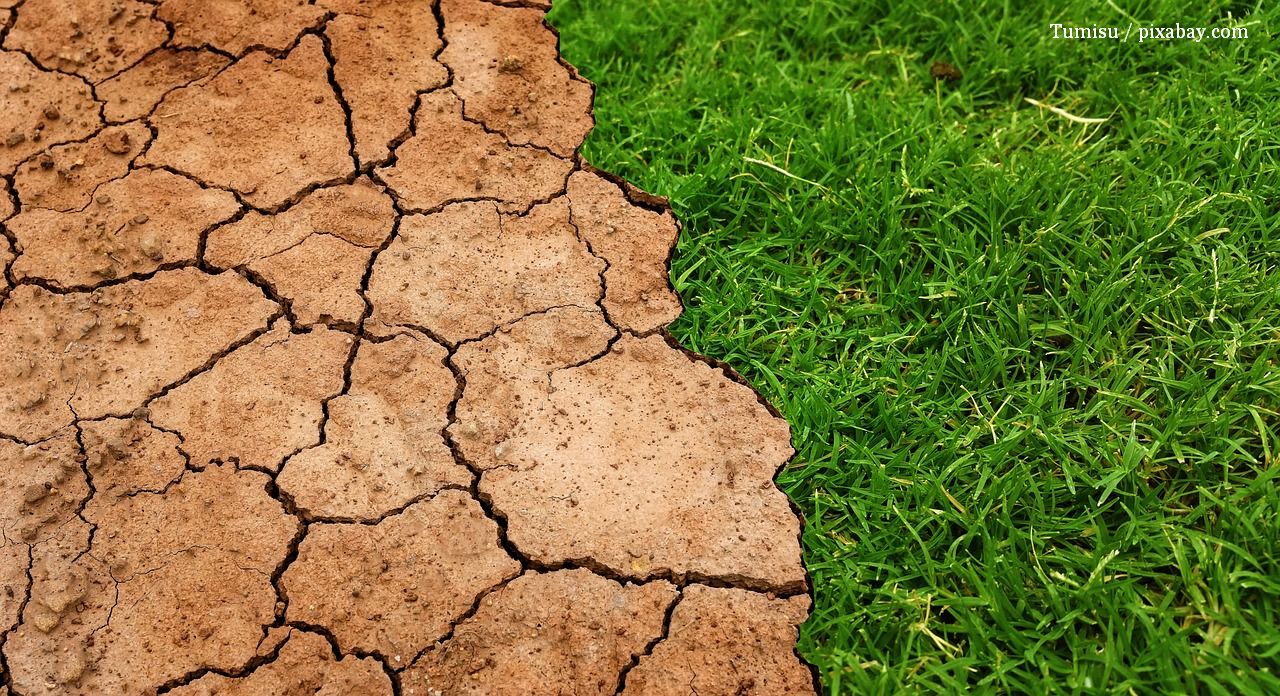Will Romania Expand its Nuclear Programme?
An annual Global Wind Energy Council report on this industry places Romania in 10th place among EU members.

Corina Cristea, 16.08.2013, 14:45
The annual report of the Global Wind Energy Council regarding the evolution of this industry places Romania in 10th place among EU member states. Most wind farms are clustered in Dobrogea, southern Romania, where the average wind speed is 7.2 meters/second at an altitude of 100 meters. The region is flat and sparsely populated, which makes it the ideal location for the development of wind parks, the document further reads. According to the same report, this industry has seen a lot of development over the last three years in Romania. Nevertheless, wind energy accounts for a mere 5% of the overall energy output at national level. Romania continues to rely on fossil fuels, which account for 50% of its output, followed by hydropower at 25% and nuclear power, representing 20%.
While not neglecting the development of alternative energy sources, the authorities in Bucharest mainly channel their efforts towards augmenting the country’s nuclear energy sector. There are 440 reactors all over the world, 60 are currently in the construction phase, while another 80 reactors are to be built in the future. Attending a specialist conference held in Bucharest by the Agency for Nuclear Energy and Radioactive Waste, Economy Minister Varujan Vosganian explained why he believes Romania needs to expand its nuclear programme, even though energy consumption is dropping at national level. Varujan Vosganian:
“The development of the Romanian economy in the coming period will require an increase in energy consumption, because the energy sector must be closely linked with the strategy for reindustrialising the country, with the strategy for increasing its competitiveness. In this context, I believe it is only fair to speak of increasing the nuclear energy capacity of our country”.
In order to produce more nuclear energy, Romania is seeking investors in reactors III and IV at its Cernavoda nuclear power plant. Dating back to the early 1980s, the initial blueprint of this power plant, the only one in the region employing the Canadian technology CANDU, provided for the construction of five reactors. At present, only reactors I and II are in operation, the former since 1996 and the latter since 1997. On the other hand, Bucharest hasn’t yet given up on plans to build a new nuclear power plant in central Romania. Experts say the constant development of Romania’s nuclear energy programme is vital for Romania. One reason is that the current thermal power plants, which have a low-cost energy output, might not be able to operate without undergoing major technological improvement. Varujan Vosganian spoke about the prospects of Romania extending its nuclear energy programme:
“We are an EU Member State, but must also see ourselves as part of the global landscape, from the point of view of investments, from the point of view of international trade and from the point of view of energy strategy. In this context I have to say the nuclear programmes used for peaceful purposes are in full expansion. Why shouldn’t we develop one of our own? Nuclear energy ensures energy autonomy. It is a clean and relatively cheap energy. We have the necessary human resources and the advanced technology required. In the medium term, all of this might offset the depletion of other resources. At the moment we don’t have a clear-cut plan with respect to prospects of developing a nuclear programme”.
The problem of nuclear energy has been under constant debate, both in Europe and at global level, even more so after the 2011 incident at the Fukushima nuclear power plant in Japan in the aftermath of an earthquake and tsunami. Countries such as Germany and Italy have expressed their wish to close down their nuclear power plants, while other European states continue to pump large amounts of money into this sector. Teodor Chirica, a representative of the Romanian Nuclear Forum told us more on this topic:
“Finland, France and Slovakia have nuclear projects in the implementation phase. The United Kingdom continues to foster innovation in the field of developing new instruments to finance nuclear projects in particular and non-carbon projects more generally. Adding to this list is Poland, a country who has great ambitions to develop its nuclear programme, for reasons of energy security first and foremost. We can notice certain financial obstacles in the process of developing nuclear energy which affect large-scale energy projects, including nuclear projects. Unfortunately, the global financial crisis has deepened these financial problems”.
Tudor Chirica believes Romania should join the other 13 EU Member States willing to continue their nuclear energy programmes and formulate a common vision which should then be presented to the Brussels authorities.






























